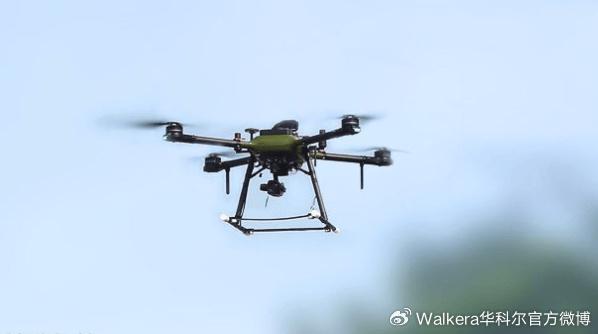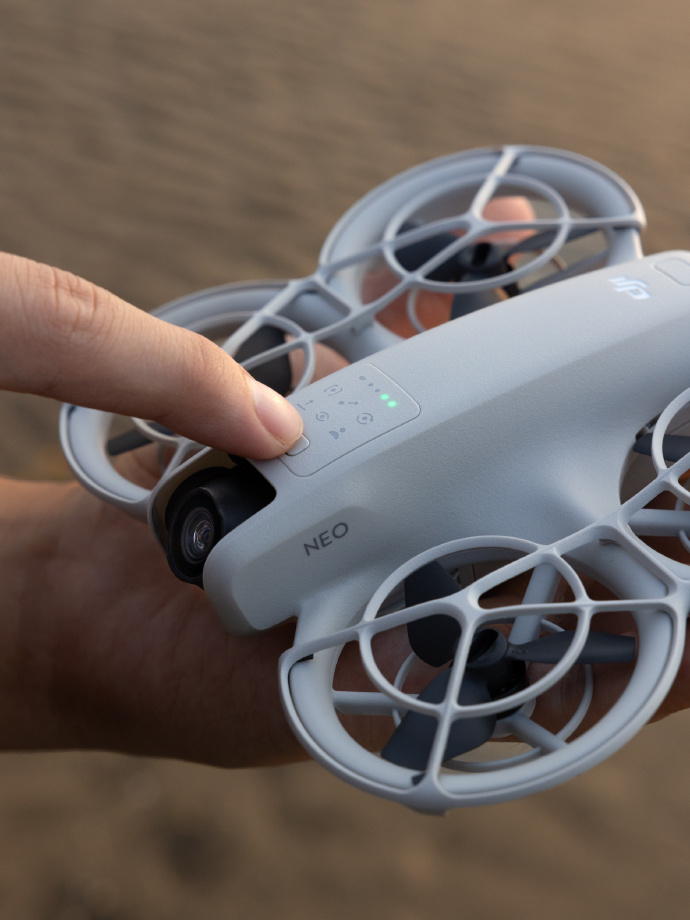Understanding the Impact of Drones Over New Jersey
Drones, known for their versatility, provide unparalleled advantages in various industries. From agriculture to law enforcement, drones offer innovative solutions that enhance operational efficiency and gather critical data promptly. For instance, farmers employ drones for crop monitoring, while New Jersey’s police forces utilize them in traffic management and surveillance operations.
Environmental Considerations
The environmental footprint of drones over NJ is relatively low compared to traditional methods of data collection, such as helicopters. The reduced emissions and noise pollution make drones more environmentally friendly, enabling regular monitoring of wildlife and ecosystems without disturbing natural habitats. However, responsible drone usage must be prioritized to mitigate any unintended consequences on nature.
Navigating Drone Regulations in NJ
Understanding state and federal regulations is crucial for anyone looking to operate drones over NJ legally and safely. The Federal Aviation Administration (FAA) governs drone operations nationwide, and New Jersey has specific stipulations to ensure compliance with these standards.
General Regulations
- Operators must register drones weighing over 0.55 pounds with the FAA.
- Drone flights must remain within visual line-of-sight of the operator and under 400 feet above ground level.
- Drones cannot be flown over people or moving vehicles without special waivers.

New Jersey-Specific Rules
In addition to federal guidelines, New Jersey imposes state-specific regulations to address local concerns. For example, drones are forbidden from taking off or landing within 100 feet of critical facilities, such as prisons or hospitals, requiring enhanced scrutiny and planning before flight missions.
The Future of Drones
With advancements in technology and legislative adaptation, the future of drones over NJ skies embodies vast opportunities. Innovations in artificial intelligence and enhanced battery capabilities promise extended flight times and improved operational efficiency, fueling hopeful prospects in industries like logistics and remote medical delivery.
Challenges Ahead
Despite the promise of drones, challenges remain prevalent. Privacy issues, airspace congestion, and cybersecurity risks demand comprehensive dialogue and robust policy frameworks. Continued collaboration between stakeholders, including lawmakers, drone manufacturers, and communities, is essential for fostering a safe and progressive drone environment.
FAQs About Drones Over NJ
What permissions do I need to fly a drone in New Jersey?
To fly a drone in NJ, you must comply with both FAA regulations and state-specific rules. This includes registering your drone, maintaining sight of your flight path, and adhering to height restrictions.
Can drones be used for commercial purposes in NJ?
Yes, drones can be employed commercially under Part 107 regulations issued by the FAA, which necessitates passing a certification exam to become a certified drone pilot.
Are there areas in New Jersey where drones are restricted?

Indeed, drones are restricted near sensitive locations such as airports and critical infrastructure facilities. Consult local laws and FAA guidelines to ensure compliant drone operations.
